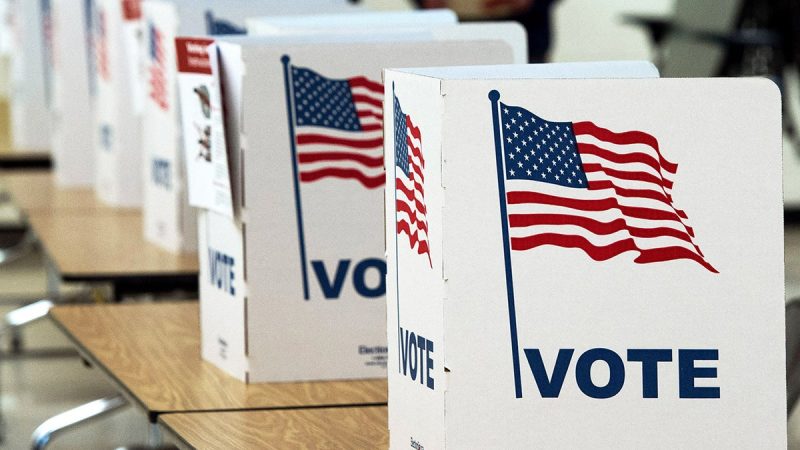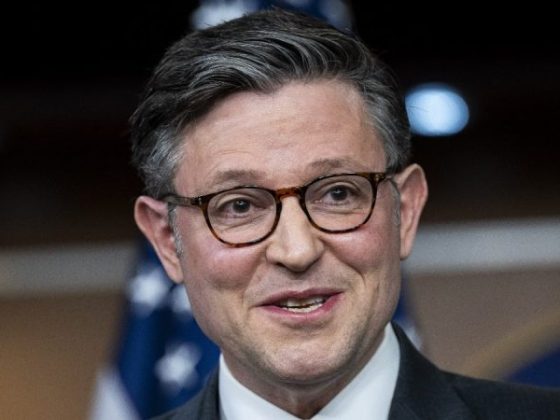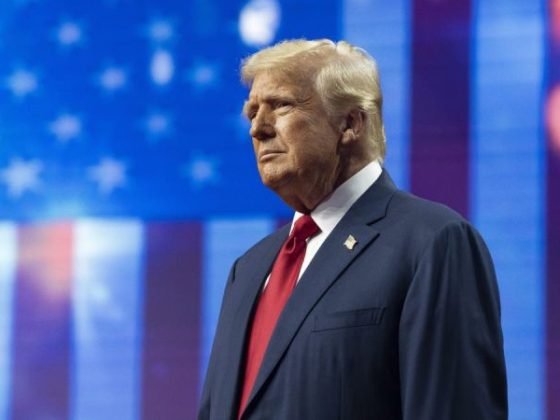The Republican Attorneys General (AGs), are expressing severe concern in relation to the Justice Department’s new approach to interfere in the electoral processes of states. The objection stems from the announcement made by the Justice Department citing that they will scrutinize and potentially challenge recent legislative initiatives that apparently aim to make it harder for minorities to vote. The GOP AGs argue that the recent plan to have a deeper involvement in state elections infringes upon the sovereignty of the states. Political experts are calling this the latest front in the ongoing culture war between the Biden administration and Republicans.
Critics of the Justice Department, especially the GOP AGs, believe that the rule change is one-sided political meddling. The strong objections come from what is perceived as a Department of Justice (DOJ) overreach. They argue that the DOJ’s strategy amounts to an unnecessary intrusion in the states’ authority to conduct their elections, which could subsequently dilute their self-governing powers.
Mark Brnovich, the Attorney General of Arizona, expressed his dissent, calling the guidance extremely troubling. He said, The presumption that DOJ needs to scrutinize, second guess, or intervene in states’ election processes is both insulting and, quite frankly, very dangerous. He argues that DOJ is setting a precedent that state actions are only legitimate if the federal government approves, thus undermining the long-standing principle of states’ rights.
Several Republican-controlled states have overhauled their voting laws since the 2020 elections. These new measures have been justified with claims of preventing voter fraud, but many see them as efforts to suppress the votes of marginalized communities. States like Georgia, Texas, and Florida have faced backlash from civil rights groups who contend that the restrictive parameters disproportionately affect people of color.
The Department of Justice argues that they are merely fulfilling their mandate to protect Americans’ right to vote. They view the recently implemented state laws as potentially infringing on that right, especially for minority communities. Attention has been drawn to Attorney General Merrick Garland’s promise that the Department of Justice would “not hesitate to scrutinize new laws” that seek to curb voter access.
The Justice Department’s plans have certainly brought voter rights sharply into the spotlight and deepened the political divide. While Democrats view this intervention as a necessity to safeguard democracy, Republicans interpret it as an aggressive overreach by the federal government, compromising the sovereignty of the states.
Furthermore, the Justice Department’s enhanced scrutiny may also complicate relations between the DOJ and states. Such federal oversight of state decision-making, fueled by disagreements over the consequences of the 2020 presidential election, would no doubt create tension. This tension could not only potentially cause a rift within the U.S. political landscape but might also give rise to constitutional debates revolving around the separation of powers, the essence of federalism, and the integrity of the democratic process.
In conclusion, the ongoing debate reveals the deep-seated tension between state and federal jurisdictions. The GOP AGs’ resistance towards the Justice Department’s proposed scrutiny reflects a core Republican value – the importance of states’ rights and the belief in limited federal intervention. While it remains to be seen how this will evolve, what is certain is that this issue will continue to drive national conversations about the nature of our democracy and the interpretation of the Constitution.











